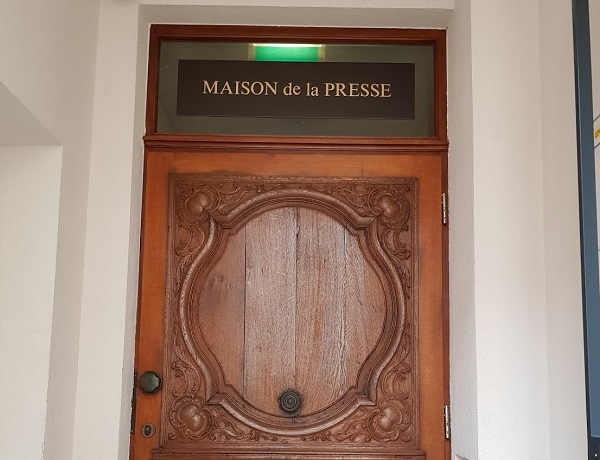 Credit: Jazmin Campbell
Credit: Jazmin Campbell
The Cabinet of the Luxembourg government recently approved the draft reform of press support; the Chamber of Deputies (Parliament) must approve the new press aid law before it can enter into force.
According to the Department of Media and Communications, the aim of this reform is to strengthen media diversity in the long term and enable future-oriented further development of various press organs. Specifically, this means that a technology-neutral funding mechanism should be created that will be available to all publications (print and online) under the same conditions (i.e. having a broad thematic focus, regular publication, employing at least five recognised journalists, etc.) In contrast to the current funding scheme, monthly magazines, free magazines and media in the Portuguese and English languages would also be eligible for funding under the new law.
Annual funding consists of two parts: a base amount of €200,000 per year ("Innovation Aid"); financial aid of €30,000 per full-time journalist. The new financing mechanism would be thus calculated according to the number of professional journalists rather than the number of printed pages. The maximum annual amounts are staggered depending on the type of publication in order to take into account the different cost structures.
A second mechanism is aimed at media startups, with a team of at least two professional journalists eligible to receive a fixed amount of €100,000 annually. This sum is limited to two years and must be preceded by expenses of at least €200,000.
A third funding mechanism is aimed at community media, i.e. non-commercial media including radio and audiovisual media with at least two professional journalists. To be eligible for an annual sum of €100,000, the organisation must also involve citizens in the editorial work and pursue the goals of media education, integration and social cohesion.
However, certain community media organisations have expressed disappointment with the content of this reform. Radio ARA recently issued a statement in response to the proposed changes in which it lamented the state's perceived failure to "finally recognise community media in Luxembourg". The community radio station had previously lobbied for greater recognition of community media in the Grand Duchy, but was left disappointed in light of the recently announced reform. Radio ARA stated: "In the present legal text 7631, which focuses mainly on the written press, community media is included in one line. The aid provided for them is capped, and does not address the real needs of community media". The station also lamented the failure to recognise the efforts of "the massive number of community volunteers that are involved" by setting the "requirement of a minimum number of full-time journalists".
The new press law, if approved by Parliament, is not expected to come into force until early next year and it is unlikely that major changes will be incorporated.








